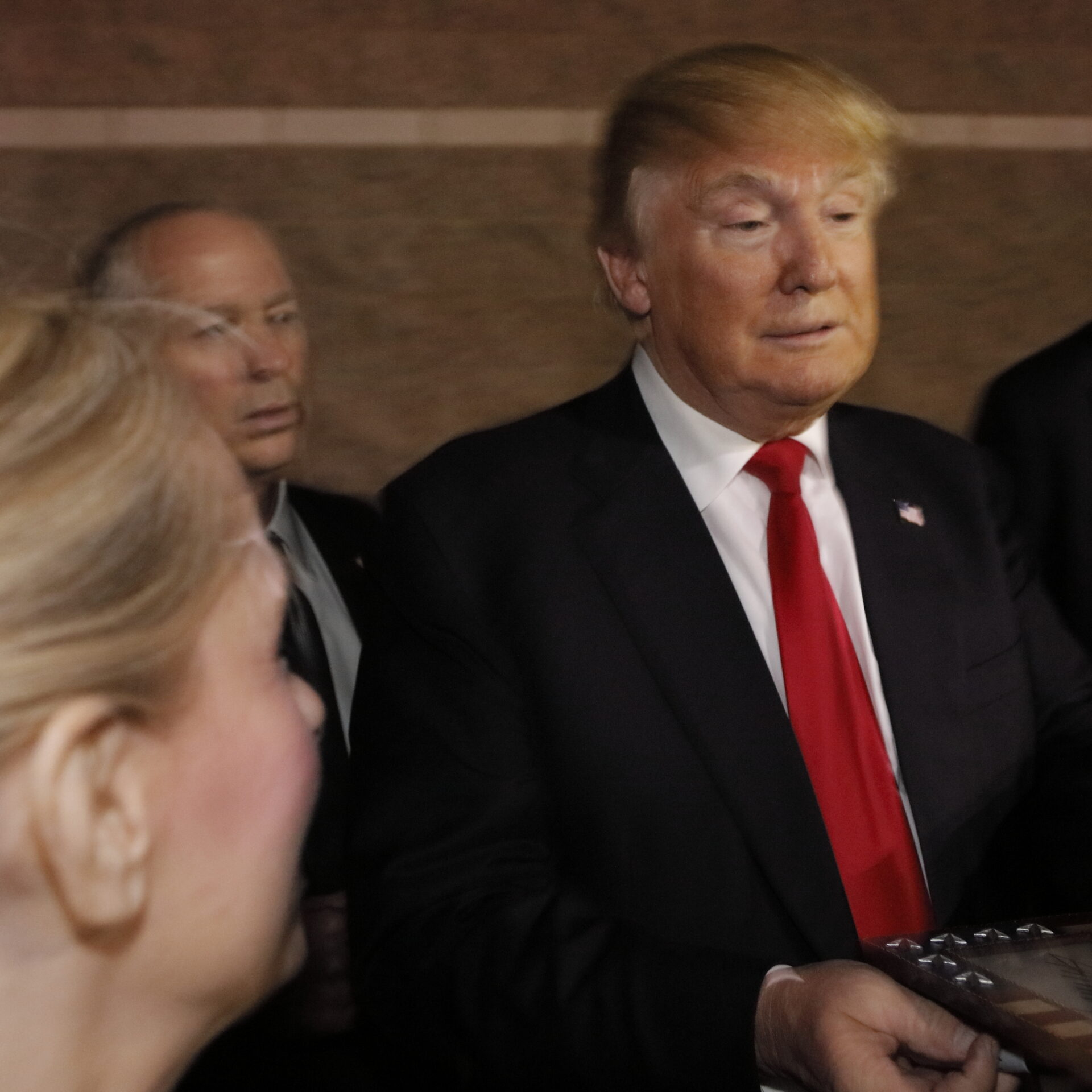U.S.-China trade tensions over rare-earth minerals are escalating, risking a critical trade truce amidst concerns over the high-tech industry.
At a Glance
- The U.S.-China trade agreement is strained due to rare-earth mineral export delays by China.
- China’s slow approval of export licenses affects industries like semiconductors and defense.
- The U.S. automotive industry faces potential production disruptions.
- The Trump administration is tightening tech export regulations and scrutinizing China’s trading behaviors.
Trade Dispute Over Rare-Earth Minerals
The fragile trade truce between the United States and China, achieved in May, is now under threat due to delays in China’s issuance of export licenses for rare-earth minerals. These materials are crucial for the production of semiconductors, electric vehicles, and defense applications. China’s actions are perceived as a significant breach of this truce by U.S. officials.
President Donald Trump, along with U.S. Trade Representative Jamieson Greer, accused China of “slow-rolling” its obligations under the agreement. This move is suspected as a countermeasure to the U.S.’s stance against Huawei’s AI initiatives, escalating tensions further.
Impact on High-Tech and Automotive Industries
The directives from China to stall export activities on rare-earth minerals are causing considerable consternation among U.S. industries, particularly in the automotive sector. Concerns over potential disruption in production processes could parallel those experienced during the COVID-19 pandemic.
The Trump administration, in its response, has implemented stringent controls on high-tech exports to China, intensifying investigations into China’s trade practices. This directive also extends to academia, where the exchange of ideas and technology between the two nations is becoming increasingly restricted.
“China, perhaps not surprisingly to some, HAS TOTALLY VIOLATED ITS AGREEMENT WITH US” – President Trump
Beyond economic implications, this impasse stands to impact academic exchanges. The U.S. has begun revoking student visas for Chinese nationals, calling China’s practices in academia politicized and discriminatory.
International Diplomatic Efforts
As both sides hold considerable leverage due to their chokehold capabilities on global supply chains, the diplomatic tension remains acute. U.S. Secretary of the Treasury Scott Bessent suggested direct negotiations between President Trump and President Xi Jinping as a crucial step toward de-escalating the situation.
“U.S.-China trade talks ‘are a bit stalled,’ requiring the two countries’ leaders to speak directly, Treasury Secretary Scott Bessent told Fox News.” – Treasury Secretary Scott Bessent
The tension-filled environment between Washington and Beijing presents a critical juncture in international trade relations, and the outcome of these negotiations will carry significant implications not only for the two superpowers but also for global markets that depend on their coordination.







